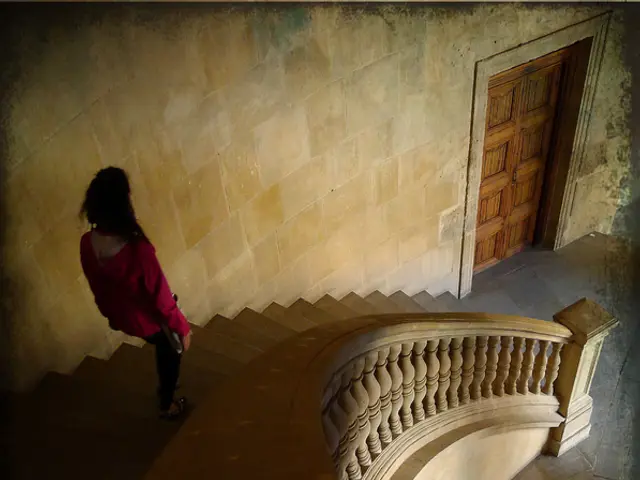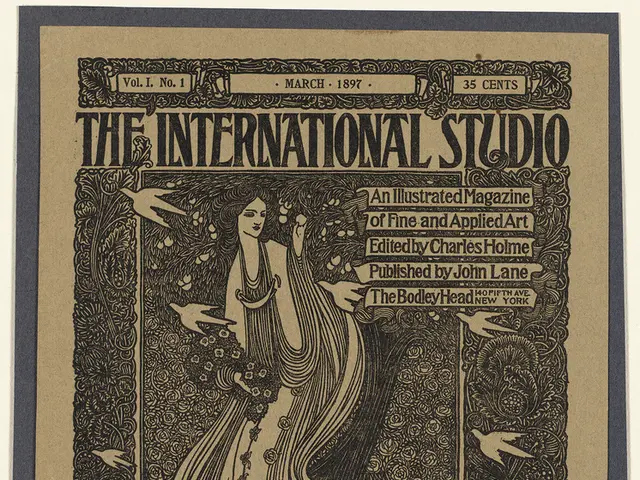Scorpions' frontman Klaus Meine explains the origin of the whistling in "Wind Of Change," asserting it was due to lacking a guitar during composition. When the record label demanded its removal, he resisted fiercely.
In the early '90s, the Scorpions released their iconic song "Wind of Change," a track that would become synonymous with the band and a poignant anthem of the era. The song's composition was deeply rooted in the experiences the band had during their visits to Eastern Europe and the Soviet Union, particularly in Leningrad (now Saint Petersburg) and Moscow.
The song's unique sound, with its distinctive whistling, was a point of contention with record companies, notably in the US and Germany. However, frontman Klaus Meine refused to remove the whistling, a decision that would ultimately contribute to the song's success.
The whistling in "Wind of Change" was added due to Meine not having a guitar during its composition, a serendipitous circumstance that led to the song's signature sound. The song's lyrics, which refer to Moscow's landmarks and reflect the band's feelings of unity and brotherhood, were inspired by their first visit to Leningrad in the late '80s.
"Wind of Change" became the Scorpions' signature track, reaching Number Four in the US chart and topping the charts in several European countries. However, thirty-five years later, it feels as if the clock is ticking backwards, making the sentiment expressed in the song very sad.
The band's performance in Leningrad was similar to Beatlemania, with fans circling their cars after every show. During the Moscow Music Peace festival, an extraordinary moment occurred when soldiers in the stadium turned to face the bands, joined in the cheering, and became part of the audience. This experience of performing in the Soviet Union during its transformation period was the foundation for "Wind of Change."
The Scorpions played in Moscow the following year and witnessed a significant change in just 12 months. The song's lyrics, with lines like "We could be so close, like brothers," reflect the bond the band felt during the Moscow Music Peace festival. The executive who initially requested the removal of the whistling from "Wind Of Change" later apologized to Meine, acknowledging the song's impact and importance.
Today, hearing "Wind of Change" can't help but be tinged with sadness, as the world has moved far from the hopeful era of the early '90s. Yet, the song's enduring legacy continues, a testament to the power of music to capture and reflect the zeitgeist of a generation.





